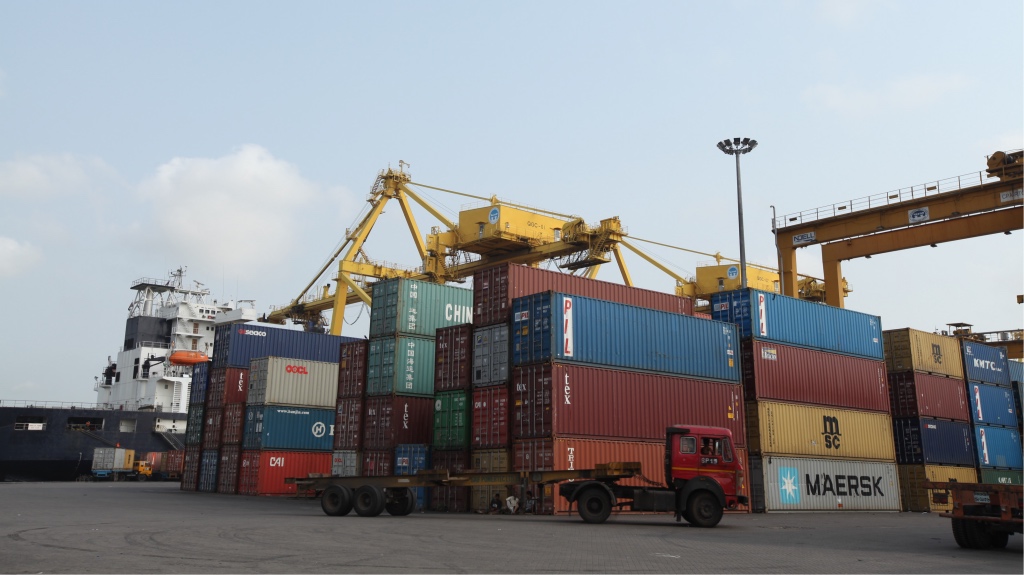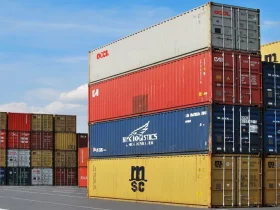
Mali’s main imported goods
Mali, a landlocked country in West Africa, imports a variety of goods to support its economy and meet the needs of its population. Being a developing nation with limited domestic manufacturing capacity, Mali relies heavily on imported goods. Below is an overview of Mali’s main imports, highlighting the key categories that form the backbone of its foreign trade.
1. Machinery and Equipment
One of Mali’s most significant import categories is machinery, including industrial equipment, agricultural machinery, and construction tools. These items are essential for infrastructure projects, mining activities, and the development of industries like energy and manufacturing. The country also imports vehicles for transport and public infrastructure.
2. Petroleum and Fuel Products
Petroleum products, including diesel, gasoline, and lubricants, are among Mali’s top imports. These fuels are vital for transportation, electricity generation, and industrial operations. Since Mali lacks domestic oil production, it relies entirely on imports, mainly from neighboring countries with access to ports, such as Senegal and Côte d’Ivoire.
3. Food Products
Food imports play a critical role in Mali’s economy, as domestic agricultural production is often insufficient to meet the needs of its growing population. Commonly imported food items include rice, wheat, maize, sugar, and cooking oil. These staples are vital for ensuring food security, particularly during periods of drought or low agricultural yield.
4. Pharmaceuticals and Medical Supplies
Mali imports a substantial amount of pharmaceuticals, medical equipment, and healthcare supplies. These are essential for addressing public health challenges such as malaria, HIV/AIDS, and other diseases. The healthcare sector’s dependence on imports stems from the lack of domestic pharmaceutical production capabilities.
5. Electrical and Electronic Goods
The demand for electrical and electronic goods, including consumer electronics, telecommunication devices, and solar panels, has grown significantly in Mali. These items support the country’s growing communications infrastructure, electrification projects, and adoption of renewable energy.
6. Textiles and Clothing
Mali imports a variety of textiles and clothing items, catering to both urban and rural populations. Imported fabrics, garments, and footwear supplement local production and are widely used for personal and cultural purposes.
7. Chemical Products
Industrial chemicals, fertilizers, and cleaning agents are significant imports for Mali. Fertilizers, in particular, are crucial for improving agricultural productivity, while other chemicals support industries like mining, construction, and manufacturing.
8. Vehicles and Transportation Equipment
Mali relies heavily on imported vehicles, including cars, trucks, buses, and motorcycles. These are essential for passenger transportation, goods distribution, and facilitating trade within the country and across borders.
9. Construction Materials
The construction sector in Mali, driven by urbanization and infrastructure projects, requires a steady supply of imported materials such as cement, steel, and other building supplies. These imports support the development of roads, bridges, housing, and public facilities.
10. Consumer Goods
Various consumer goods, such as household appliances, packaged food products, and personal care items, are imported to cater to the needs of Mali’s urban population. These items are often sourced from regional and global markets.
Trade Challenges and Partners
Mali’s landlocked position poses significant challenges to its trade. It depends on transit routes through neighboring countries, which increases transportation costs and makes imports more expensive. Key trading partners for Mali include China, France, Senegal, Côte d’Ivoire, and the Netherlands. The country participates in regional trade blocs such as the Economic Community of West African States (ECOWAS) to facilitate trade and reduce import barriers.
In conclusion, Mali’s main imported goods reflect the country’s reliance on external sources to meet its energy, food, industrial, and consumer needs. These imports are essential for the nation’s development but also highlight the need for diversification and strengthening of domestic industries to reduce dependency.



Leave a Reply